Vaccination explained in 60 seconds: ideas that changed the world
How a medical breakthrough has saved countless millions of lives
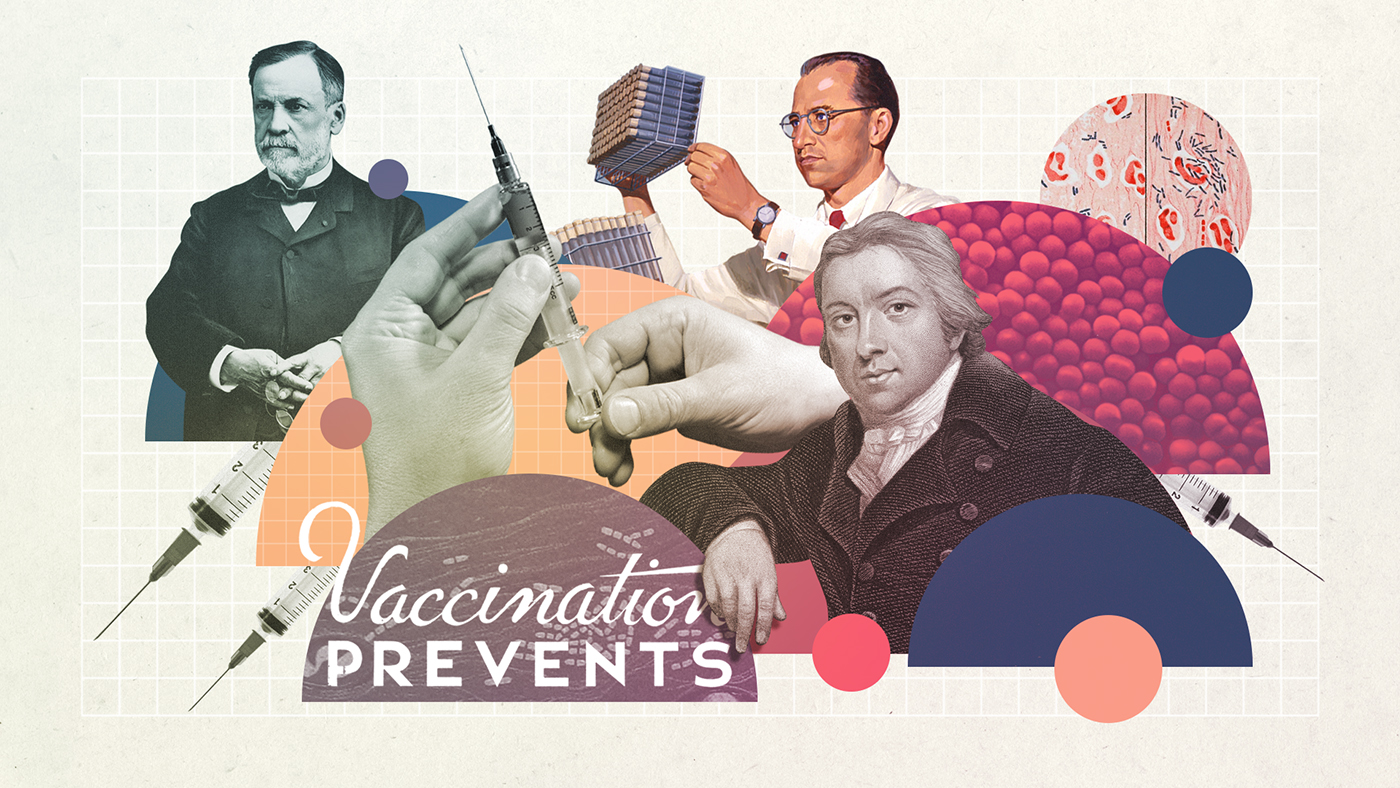
A free daily email with the biggest news stories of the day – and the best features from TheWeek.com
You are now subscribed
Your newsletter sign-up was successful
In this series, The Week looks at the ideas and innovations that permanently changed the way we see the world.
Vaccination in 60 seconds
Vaccination trains the immune system to recognise and protect the body against pathogens from viruses or bacteria. Molecules from or similar to the pathogens are introduced into the body, usually through an injection.
The process may sound counter-intuitive, but vaccination can “confer active immunity against a specific harmful agent by stimulating the immune system to attack the agent”, explained Encyclopaedia Britannica. Once stimulated, “the antibody-producing cells, called B lymphocytes, remain sensitised and ready to respond to the agent should it ever gain entry to the body”, the reference website continued.
The Week
Escape your echo chamber. Get the facts behind the news, plus analysis from multiple perspectives.

Sign up for The Week's Free Newsletters
From our morning news briefing to a weekly Good News Newsletter, get the best of The Week delivered directly to your inbox.
From our morning news briefing to a weekly Good News Newsletter, get the best of The Week delivered directly to your inbox.
You cannot catch a disease through vaccination, added the NHS website. That’s because the pathogens inside vaccines have been “weakened or destroyed in a laboratory first”.
If the vaccinated individual then comes into contact with the targeted disease, their immune system should be able to quickly recognise and fight it.
How did vaccination come about?
The first vaccine was developed by English surgeon Edward Jenner in 1796, to inoculate against smallpox, a leading cause of death in the 18th century that left many survivors permanently disfigured.
Prior to Jenner’s breakthrough, some doctors tried to protect their patients from smallpox by deliberately exposing them to smallpox scabs, a process originating in China called variolation, but this system often proved ineffective and made the recipient temporarily infectious to others.
A free daily email with the biggest news stories of the day – and the best features from TheWeek.com
Jenner observed that people who had previously caught cowpox, a relatively harmless virus passed on from close contact with cows, appeared to be immune to smallpox.
To test his theory, he obtained permission from his gardener to inoculate his eight-year-old son, applying lesions from a dairymaid with cowpox to a scratch on the boy’s skin. The child was mildly ill for a few days, but soon recovered – and when later subjected to variolation, he did not experience any symptoms of smallpox.
Initially, “Jenner’s newly proven technique for protecting people from smallpox did not catch on as he anticipated”, meeting with resistance from the medical establishment and sceptical patients, said Oxford-based research organisation The Jenner Institute.
But his technique was quickly adopted across Europe and in the US and Russia. By the time of Jenner’s death, in 1823, the significance of his work was recognised in countries worldwide and he was feted as a hero. Exactly 30 years later, it became mandatory in Britain to vaccinate children against smallpox, with parents who failed to do so fined or imprisoned.
Further major vaccines were developed in the following decades. In 1881, French biologist Louis Pasteur refined techniques to immunise sheep against anthrax, with his vaccine for rabies following four years later.
And an early typhoid vaccine developed by British bacteriologist Almroth Edward Wright was used successfully by the British military during the Boer War in South Africa between 1899 and 1902.
The following century would bring vaccines for diseases including mumps, measles, cholera, plague, tuberculosis, tetanus, influenza, yellow fever and some types of hepatitis.
The world watched in real time, the rapid development and deployment of new life-saving vaccines in 2020 when the Covid-19 virus was infecting millions and sparked a global pandemic. By 2022, nearly two-thirds of the global population had received at least one dose of a Covid vaccine, and the Imperial College London estimated the vaccines had prevented about 20 million deaths worldwide.
How did it change the world?
Vaccination has led to the eradication of the smallpox virus and some types of polio. Other diseases have been dramatically brought under control, including mumps, diphtheria, rubella and hepatitis.
The Measles, Mumps, Rubella (MMR) vaccine has been particularly successful in curbing the spread of measles, the most infectious disease on the planet and still a leading cause of childhood mortality in the developing world.
Public Health England estimated that in the UK alone, “20 million measles cases and 4,500 deaths have been averted” since the introduction of the measles vaccine in 1968. The disease was considered to be eliminated in the UK, but in 2018 cases began to rise, and about 50 cases were confirmed in England in the early part of 2023, The Guardian reported. Experts believe the recent decline in MMR uptake in children is due in part to a rise in vaccine hesitancy among parents, said The Lancet.
The Covid pandemic ushered in a new era for vaccination. The messenger ribonucleic acid (mRNA) technology used in some of the most popular vaccines, including those made by Pfizer-BioNTech and Moderna, paved the way “for a whole new class of mRNA vaccines with the potential to eradicate countless other diseases, even cancer”, said Penn Medicine.
-
 How the FCC’s ‘equal time’ rule works
How the FCC’s ‘equal time’ rule worksIn the Spotlight The law is at the heart of the Colbert-CBS conflict
-
 What is the endgame in the DHS shutdown?
What is the endgame in the DHS shutdown?Today’s Big Question Democrats want to rein in ICE’s immigration crackdown
-
 ‘Poor time management isn’t just an inconvenience’
‘Poor time management isn’t just an inconvenience’Instant Opinion Opinion, comment and editorials of the day
-
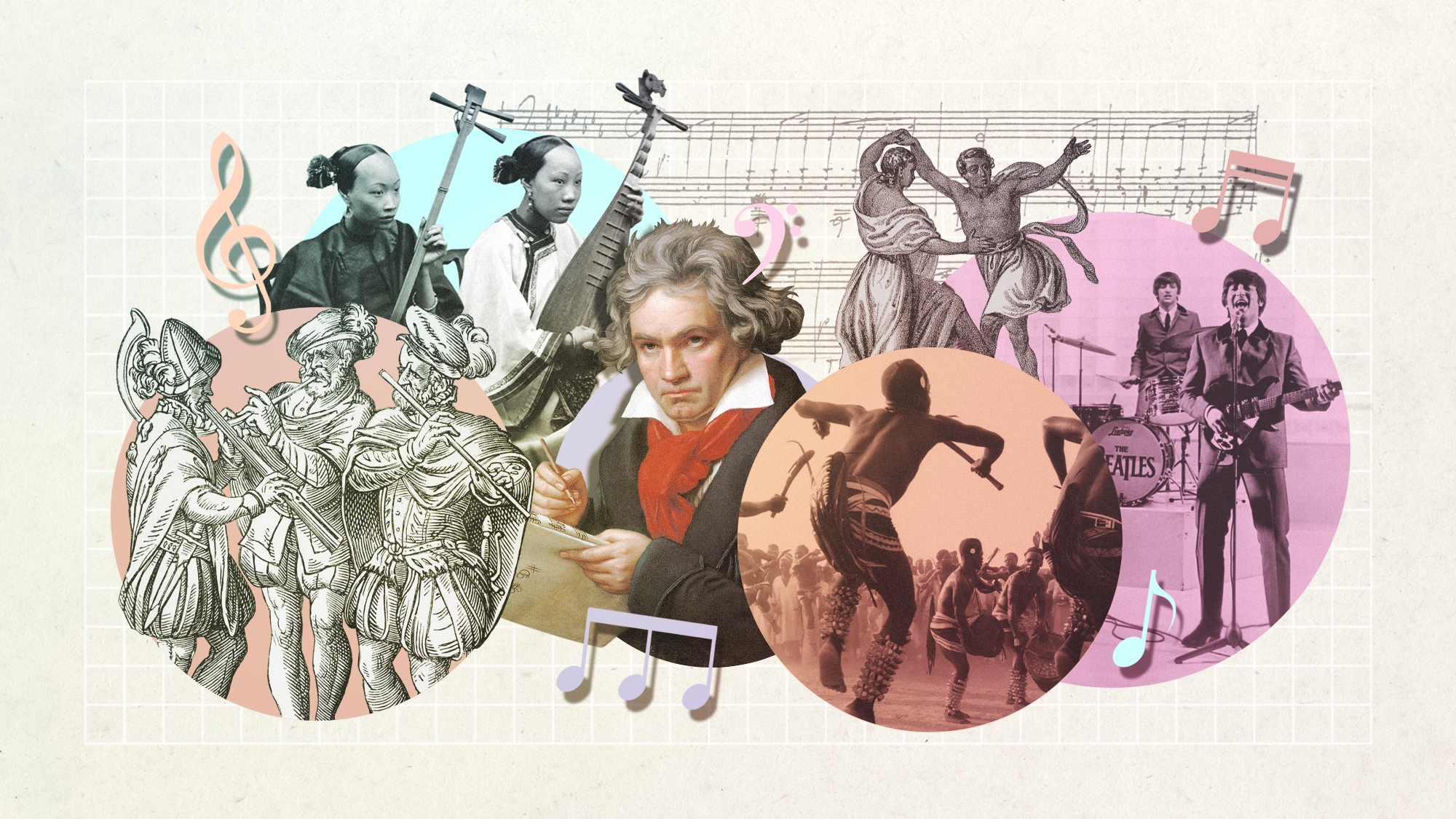 Music explained in 60 seconds: ideas that changed the world
Music explained in 60 seconds: ideas that changed the worldIn Depth This emotive but hard-to-define art form has played a pivotal role in human evolution
-
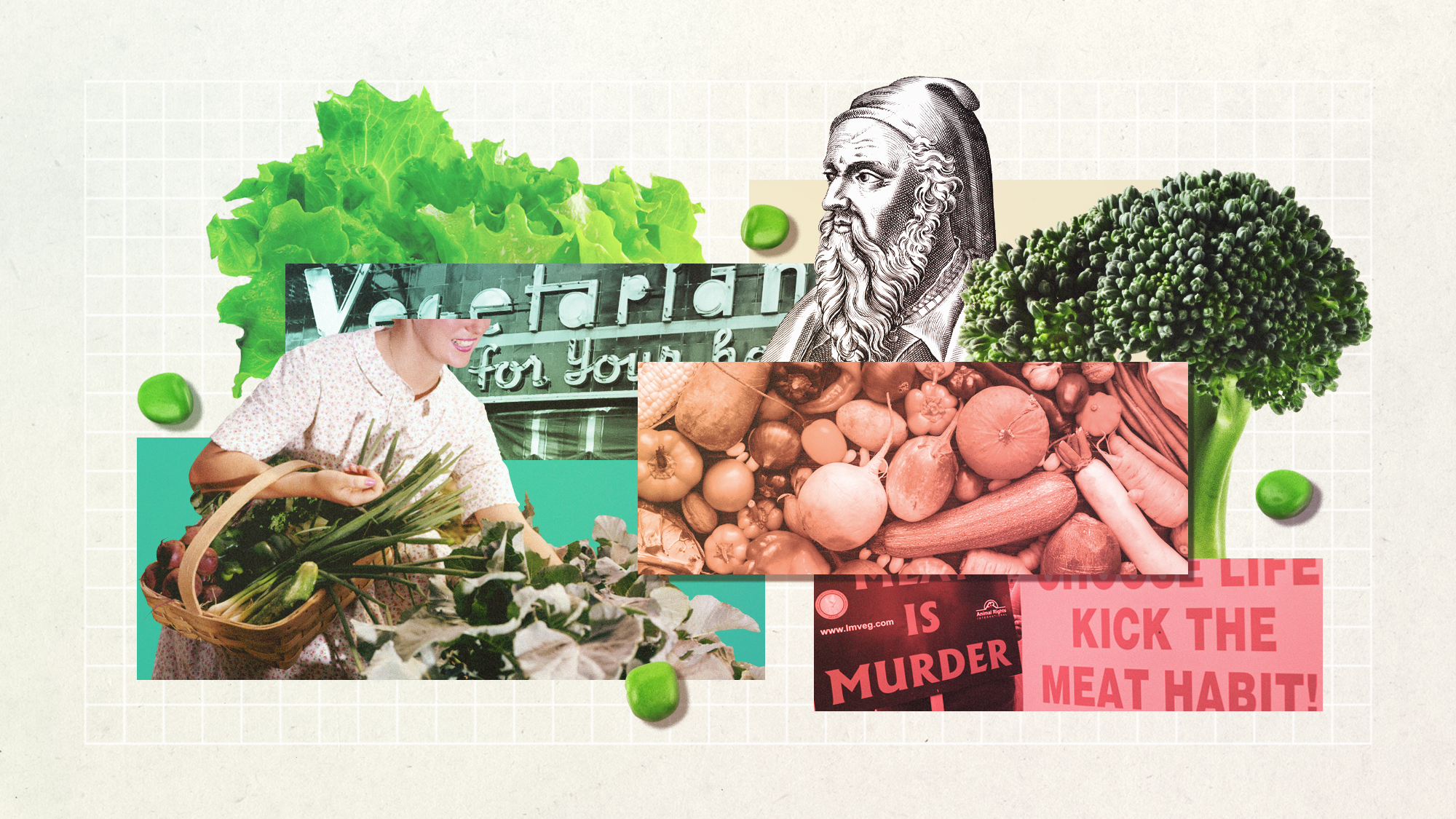 Vegetarianism explained in 60 seconds: ideas that changed the world
Vegetarianism explained in 60 seconds: ideas that changed the worldIn Depth How meat-free diets went from religious abstention to global sustainability trend
-
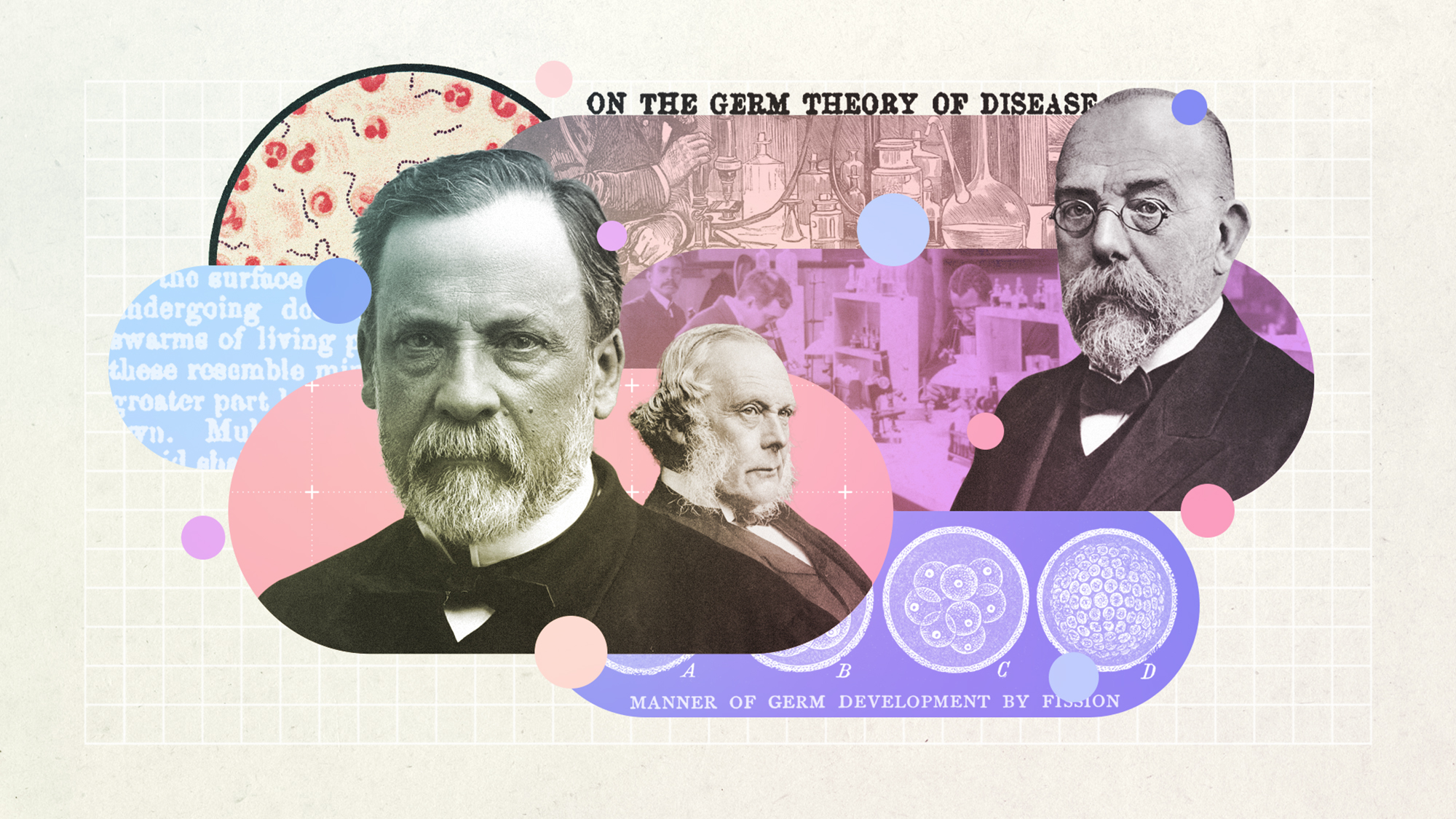 Germ theory in 60 seconds: ideas that changed the world
Germ theory in 60 seconds: ideas that changed the worldIn Depth How a new understanding of bacteria revolutionised medicine
-
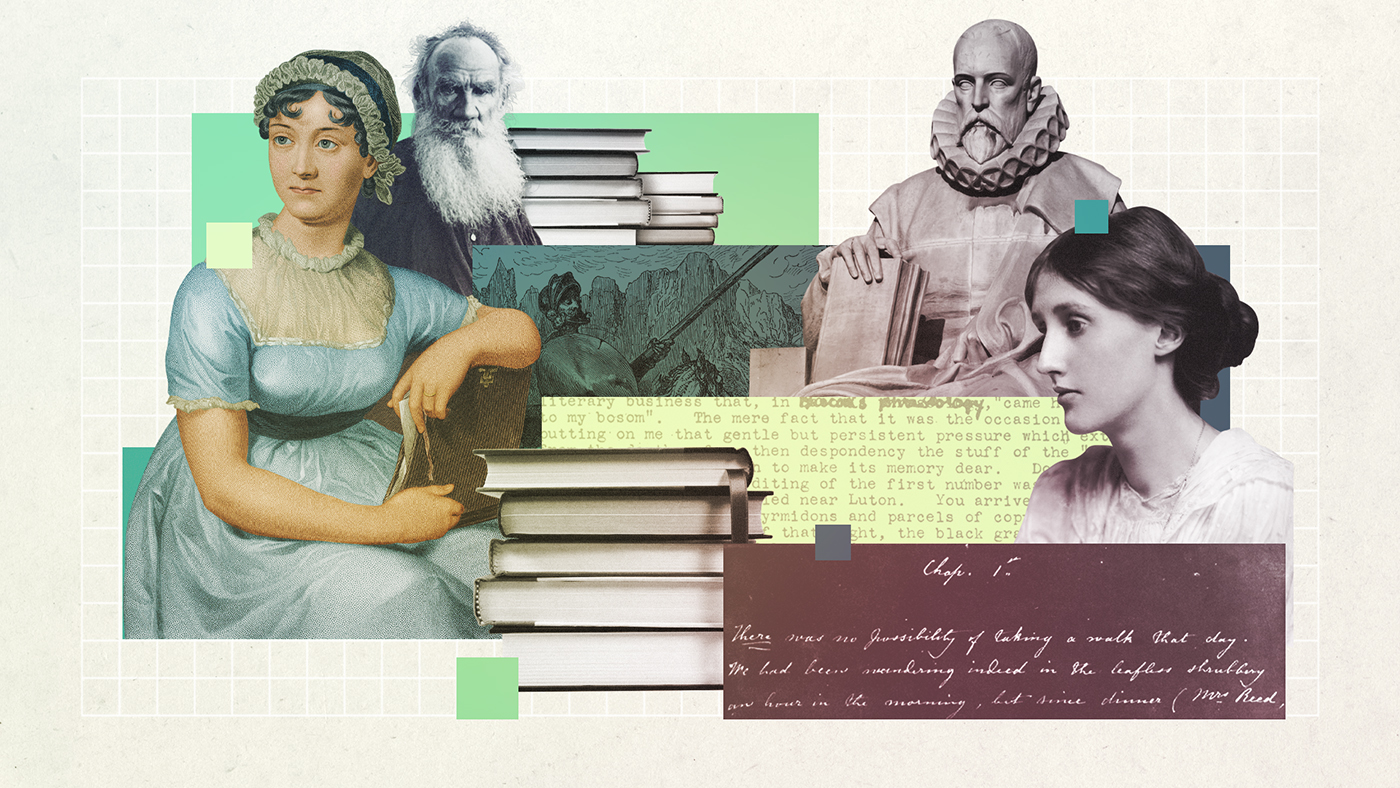 The novel explained in 60 seconds: ideas that changed the world
The novel explained in 60 seconds: ideas that changed the worldIn Depth How a new way of portraying existence transformed literature
-
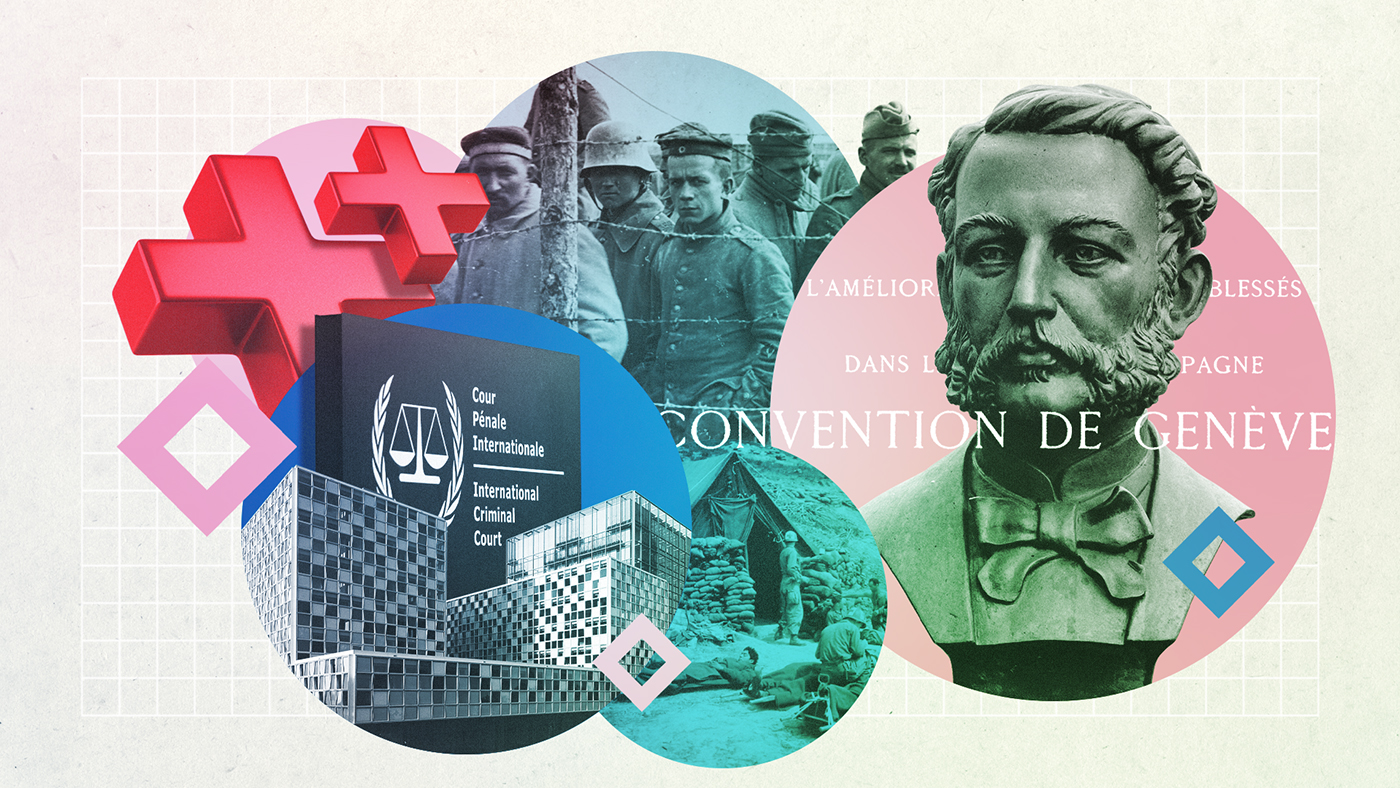 The Geneva Conventions explained in 60 seconds: ideas that changed the world
The Geneva Conventions explained in 60 seconds: ideas that changed the worldIn Depth How the international community brought humanity to warfare
-
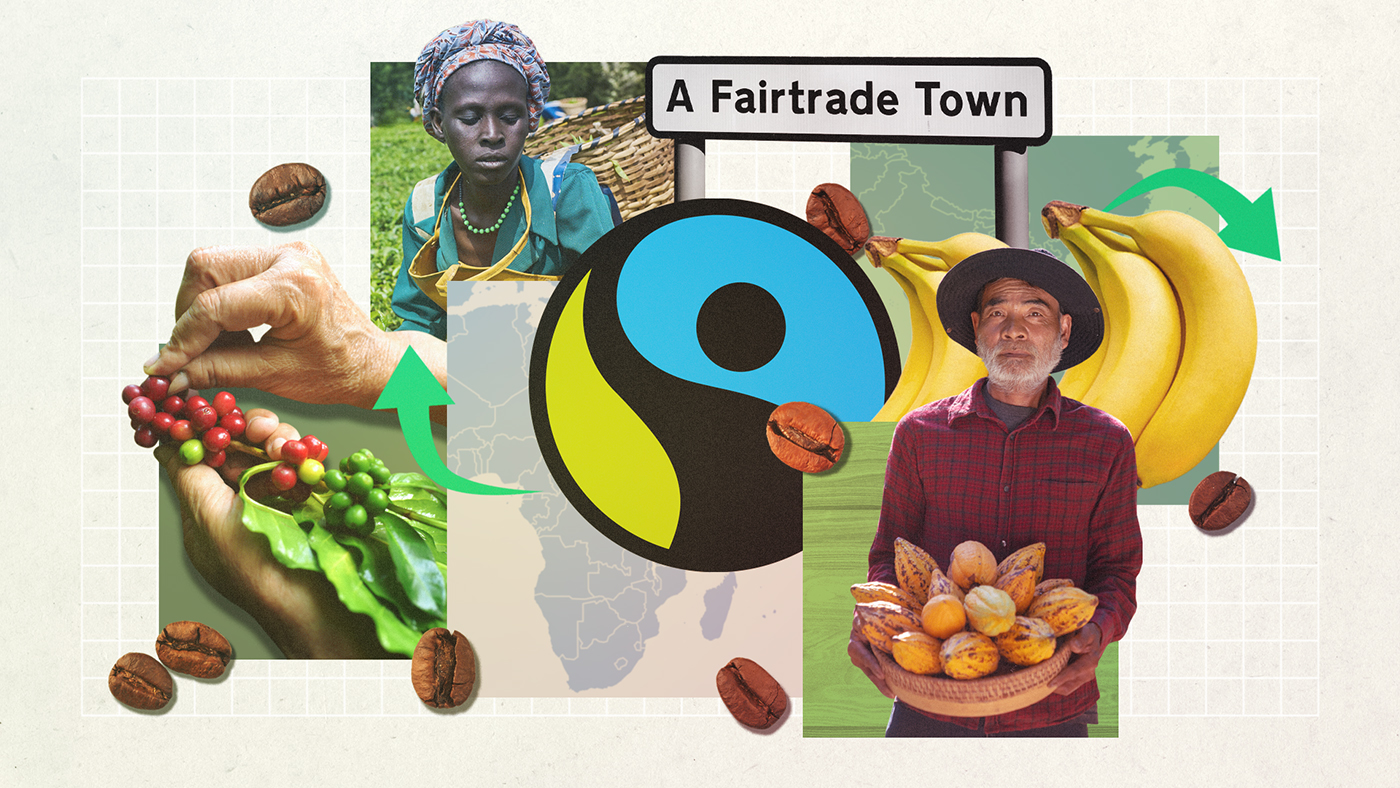 Fairtrade explained in 60 seconds: ideas that changed the world
Fairtrade explained in 60 seconds: ideas that changed the worldIn Depth How paying farmers fairly went from niche to necessary
-
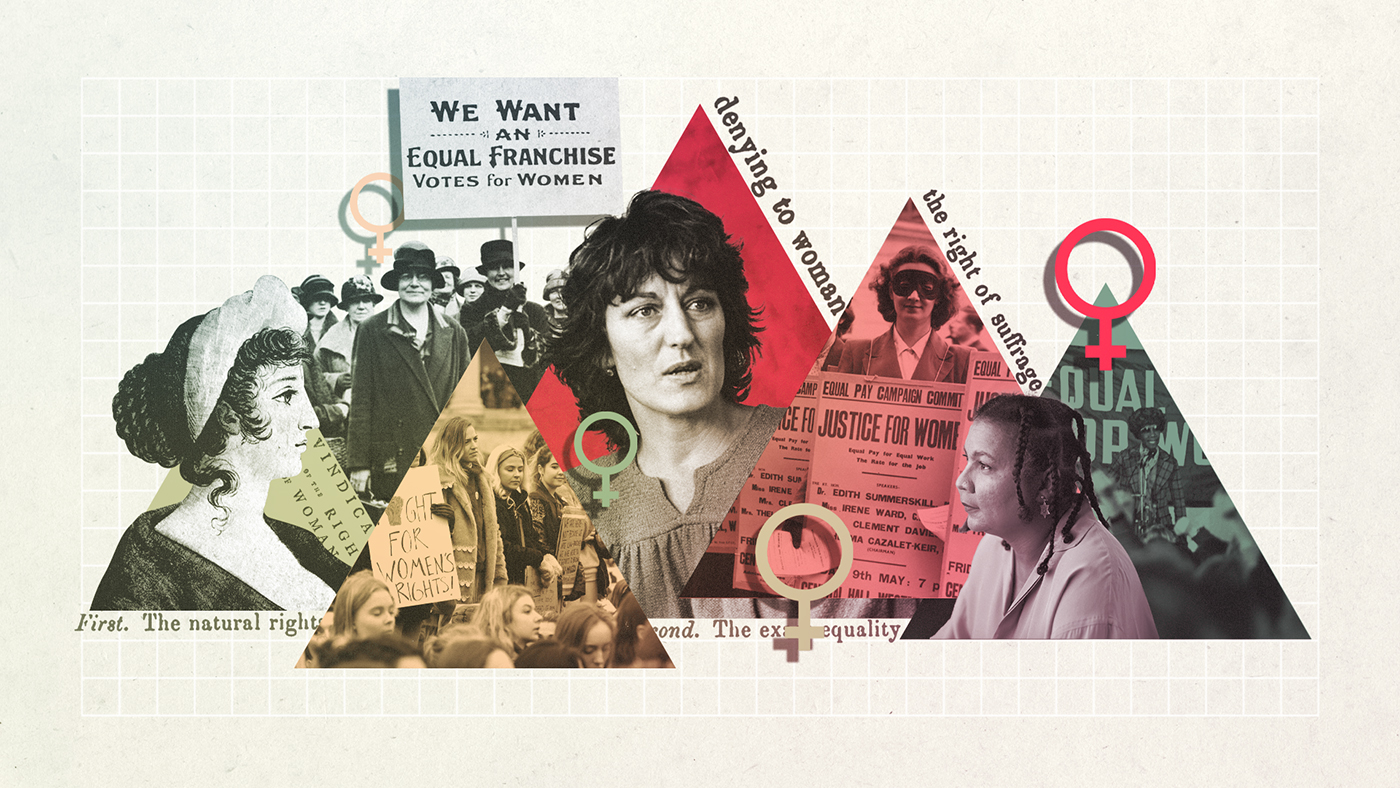 Feminism explained in 60 seconds: ideas that changed the world
Feminism explained in 60 seconds: ideas that changed the worldIn Depth How women fought for social and political liberation
-
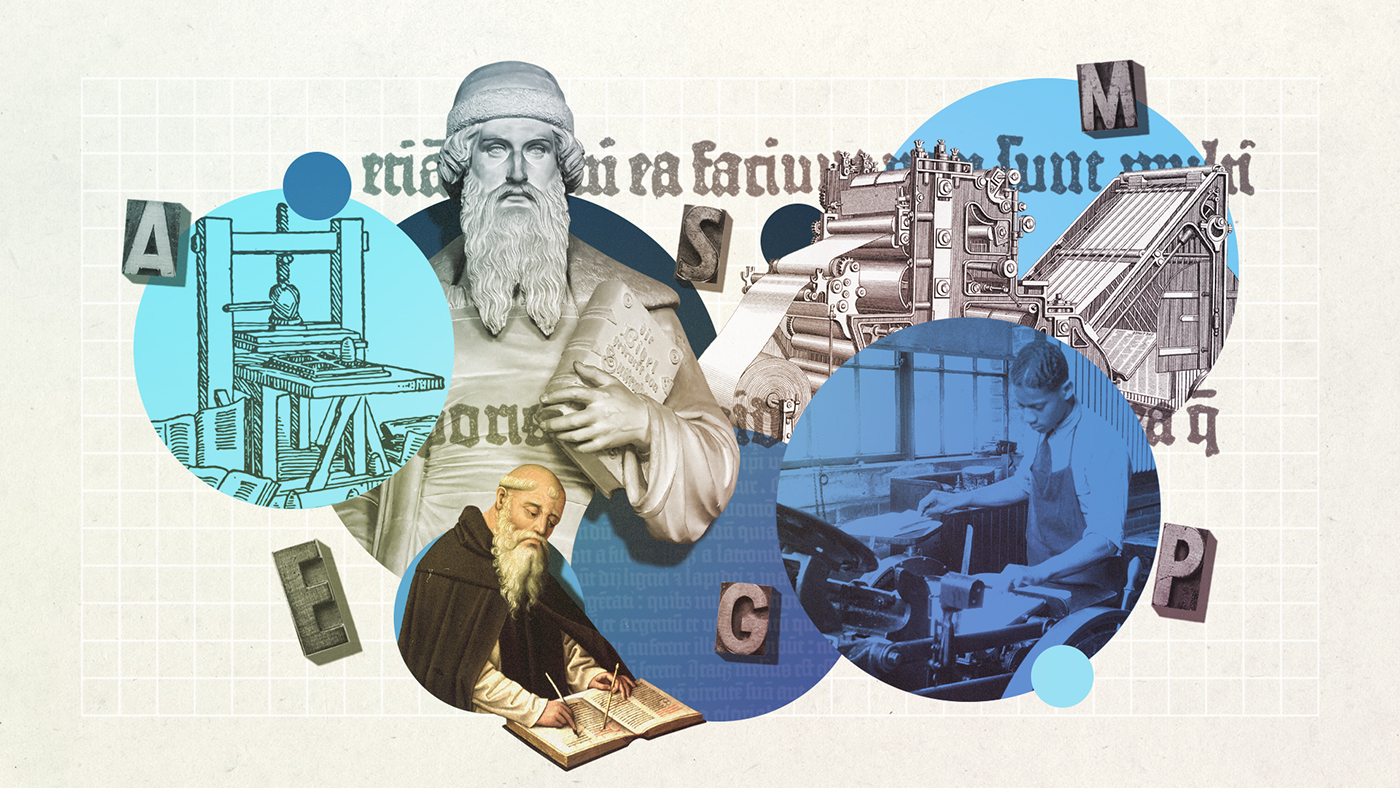 The printing press explained in 60 seconds: ideas that changed the world
The printing press explained in 60 seconds: ideas that changed the worldIn Depth How a German goldsmith revolutionised the way we share ideas